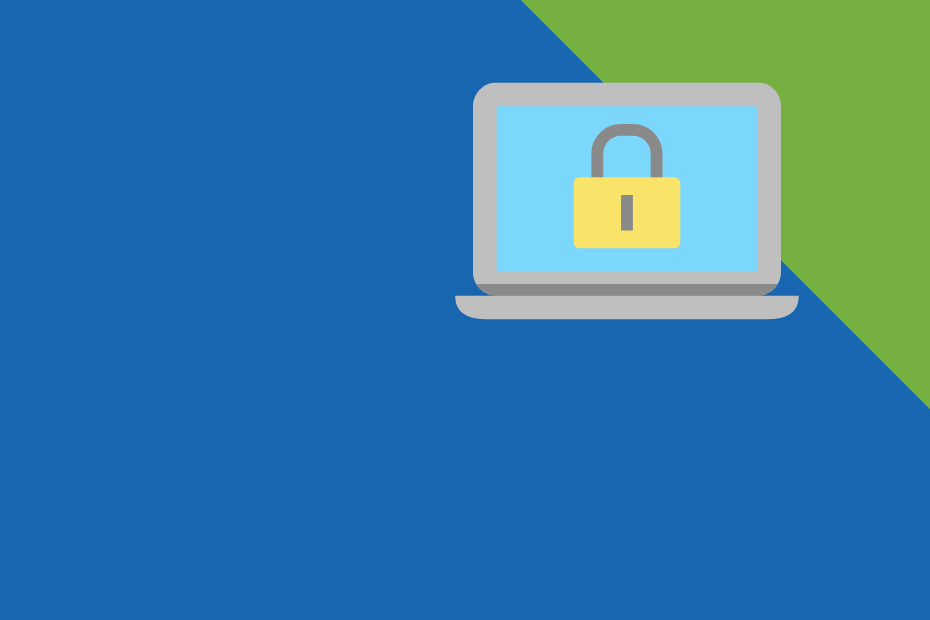Starting today, and from time to time in the upcoming months, BCN will be adding business blog posts about current topics from friends of BCN. Today, we hear from Mr. Joe Dylewski, owner of ATMP Solutions, an IT Security firm. Joe has been successfully assisting businesses and health care companies since 1989.
Quarterly Information Security Briefing and Reminder
October 2017
Topic: Data Breaches and Potential Exposure
Content: News of large data breaches is becoming more frequent. Recently, Equifax was breached and an estimated 150 million Americans may have been affected. The complete impact of this breach will not be known for some time. However, initial response suggests that personal financial information on individuals that includes names, Social Security Numbers, addresses, credit card numbers, driver’s license numbers, credit history, integrated public records and other financial information may have been exposed.
What happens to the information that is breached?
Once breached, the information is typically placed on the “Dark Web” and made available globally to anyone that has the tools and knowhow to access it. The Dark Web is a portion of the Internet that is used extensively by criminal elements to obtain drugs, arms, pornography, human trafficking, and stolen information.
How can it be used?
Once this information is made public, the possibility of identity and direct financial theft increases significantly. Consider how much information the average person discloses on social media. The combination of Facebook and LinkedIn, which is used by most working professionals, along with a person’s financial history, gives a criminal the ability to impersonate just about anyone. Additionally, with enough information, a criminal could access accounts containing personal financial information on the internet.
What can I do to protect myself?
- Treat the information that is on the internet the same way you would treat it as if it was paper stored in your It is important that you are a good steward of your personal information and assume that the internet site that is storing it is not perfect.
- Use different passwords on each site that contains sensitive Once a hacker has access to one password, eliminate the possibility that they have access to every account. The CEO of Facebook was hacked because his Facebook and LinkedIn passwords were identical. If your passwords have not been changed in the last 6 months, set this as a high-priority task.
- Monitor the online identity for everyone in your Services such as IdentityGuard track changes to your public and credit records, looking for any activity. Using this may alert you to suspicious activity.
- Use credit cards instead of debit cards for purchases, maintain low balances in your checking accounts, and disable overdraft The less access a criminal has to your liquid funds, the better.
- Consider the amount of information that you make publicly available on social media. How many internet sites or credit cards ask your mother’s maiden name as a security validation question? Can this information be obtained by simply looking at your Facebook profile?
Be aware of your IT Security Policies and Procedures.
Always consult your Privacy and Security Official with questions!

This guest article is published with permission of the writer. The opinions, representations and statements made are those of the author and not of BCN Services or any affiliate companies and does not constitute any representations, warranties or guarantees. All content provided is for information purposes. The company accepts no liability for any errors, omissions or representations.

